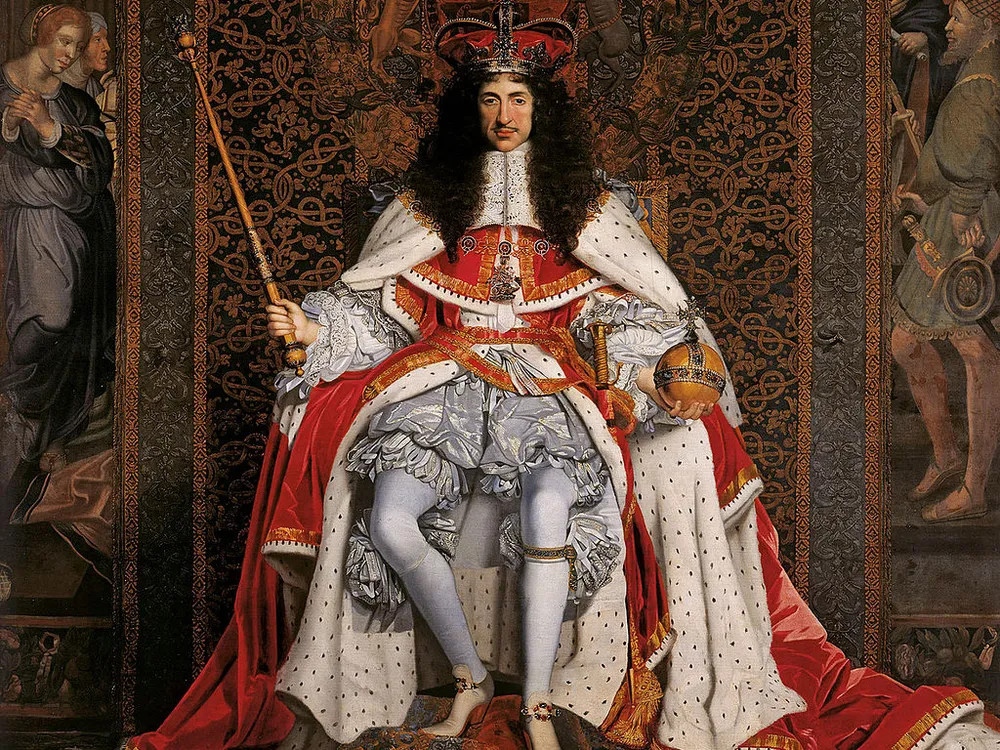Restoration Period Theatre.

Theatre is Banned.
Oliver Cromwell was an extremist-puritan who lead a revolt against the monarchy in 1642. He was very puritan which meant he was exceptionally strict in his ideas on morality and religon: he was very firm in his ideas of right and wrong and was harsh on those he thought of as 'sinners'.
Included in this group were players (actors) and so he made it illegal to perform plays within theatres and so traveling groups of players would move between villages. These traveling troupes would perform, usually in a field or outdoor space, for one night and then move on.
Almost everyone at the time was a Christian purist who loved Cromwell and thought his extreme ideas were correct. So when he decreed that theatre was a sin, players were considered sinners and treated badly - the term vagabond comes from the derogatory name for traveling players.
There was perhaps a grain of truth in this as the traveling theatre companies worked closely with prostitutes - most players would be prostitutes who gained extra money from acting in the towns. This was also the start of women in theatre, before this it had been strictly male-only performance.
Secret Theatre.
The Cromwell 'reign' lasted 18 years, from 1642-1660. Throughout this time theatre was formally banned, meaning plays could not take place in theatres. This did little to stop the traveling troupes although they were poorly received in the towns they visited as almost everyone agreed with Cromwell.
Not everyone wanted to see theatre ended and so secret theatres were established. These took place in the rebel's houses or in empty fields and mostly involved miracle and morality plays, handed down by word of mouth from the medieval era. This is how plays like everyman are still survived in the modern day, secret theatre would retain these plays over the 18 year drought of new works.

Restoration Period Theatre.
In 1660, King Charles II took the throne after Cromwell's son was too weak to hold onto power. One of the first things Charles did as the new monarch was to re-legalise theatres. He did this by officially creating the King's Company and the Duke's Company and it was their job to entertain the masses of London. This ultimately lead to restoration period theatre.
The normal people of the time were desperate to be entertained - 18 years of puritan rule had made them long for fun. This was expressed in their love of restoration comedy. The main characteristics of restoration comedy are: rude sexual jokes, blunt sexual references, over the top characters and anti-god themes. In short, everything Cromwell and the puritans hated.
The people on the other hand absolutely loved it as it made light of many serious issues and provided the first real fun for 18 years. Furthermore, it introduced the idea of celebrities, famous actors and playwrights were elevated in society much like in Greek times.
The sudden boom in theatre activity funded much of the modern west end and so restoration comedy revitalised the theatre industry in England.